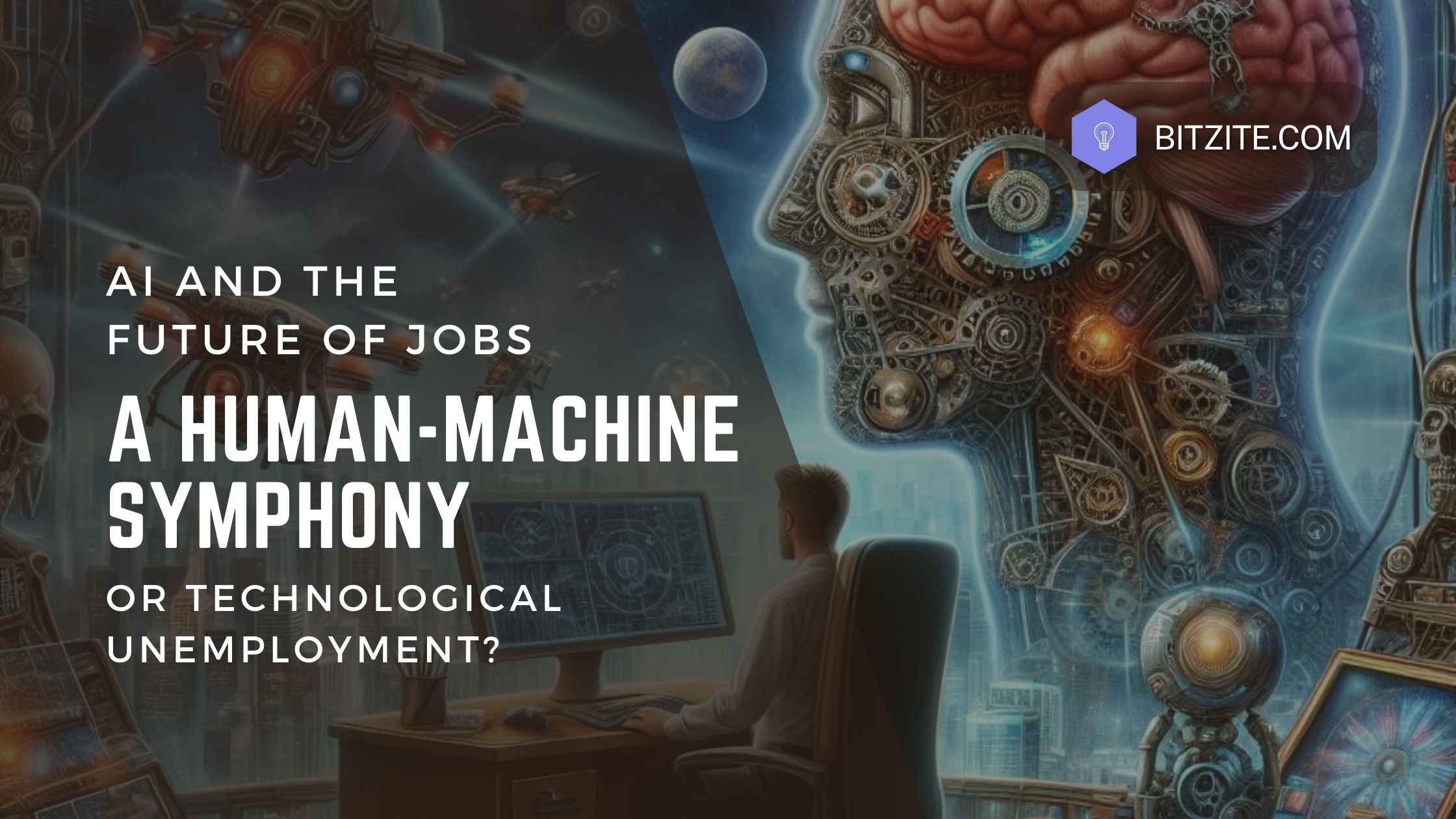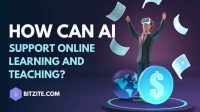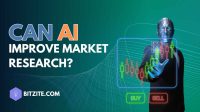The field of labor is one of the sectors most affected by the rapid advancement of artificial intelligence (AI), which is changing our society. Artificial intelligence is changing sectors and posing important questions about the nature of work in the future. It can automate monotonous operations and make difficult decisions. Will AI bring in a new era of opportunity and human-machine collaboration, or will robots take over the workforce and make human labor obsolete?
The Fear of Automation
The possibility that AI would automate tasks currently done by people is one of the main worries surrounding the technology. As AI algorithms take on more and more tasks like data entry, customer support, and even some manufacturing tasks, there are growing concerns about widespread joblessness and unstable economies.
Research projects how many jobs could be lost as a result of automation. The World Economic Forum estimates that 75 million jobs could be lost by 2022, while the McKinsey Global Institute projects that up to 800 million employment could go by 2030. It makes sense that these numbers cause concern and confusion in policymakers as well as workers.
Beyond Job Loss: A Change in Perspective
But concentrating just on losing your work gives you a partial view. It is a well-established fact that technology innovations tend to generate more jobs than they destroy. Farmers were displaced by the agricultural revolution, but industry and other industries saw growth as a result. Similar to this, the 20th-century automation boom changed the workforce and required new skills and abilities rather than causing widespread unemployment.
AI should be seen as a catalyst for a paradigm shift in the way we work, not as a threat to jobs. Artificial intelligence (AI) will automate repetitive processes, freeing up human time and energy for more strategic, creative, and value-driven projects. Many of the new industries and professions that will result from this change are ones we haven’t even begun to envisage.
The Benefit of Human-Machine Cooperativeness and Synergy
The competitive nature of work in the future will give way to cooperation and synergy between humans and machines. Whereas humans are better at creativity, critical thinking, emotional intelligence, and situational flexibility, artificial intelligence (AI) is best suited for activities demanding speed, accuracy, and data processing.
We can build a workforce where people and AI collaborate to solve challenging issues, spur innovation, and produce hitherto unheard-of outcomes by utilizing their complimentary strengths. Everyone will benefit from greater economic growth, higher productivity, and more satisfying work environments as a result of this collaboration.
Reskilling and Upskilling: Handling the Shift
People and businesses must embrace lifelong learning and make constant investments in upskilling and reskilling efforts if they are to prosper in an AI-powered future. This comprises:
gaining a solid understanding of digital literacy: All future careers require an understanding of technology and how to use it efficiently.
Putting the emphasis on soft skills: As AI automates jobs, the ability to communicate, collaborate, operate as a team, think critically, and solve problems will become more and more important.
Developing a growth attitude and adaptability: Long-term professional success will depend on one’s capacity to pick up new abilities, accept change, and adjust to unfamiliar surroundings.
Taking It All Together: Getting Ready for the AI Era
Businesses, governments, and educational institutions all have a significant part to play in becoming ready for the AI-powered future. This group endeavor necessitates:
Putting money into training and education initiatives: Academic institutions should give students the tools they need to succeed in an AI-driven economy by emphasizing digital literacy, technical proficiency, and soft skills.
Creating laws that encourage the development of AI and its moral application: These laws ought to guarantee the ethical advancement of AI, defend the rights of laborers, and deal with potential biases and discriminatory algorithms.
Encouragement of entrepreneurship and innovation: Promoting the expansion of new AI-powered companies and sectors will boost the economy and generate jobs.
A Prospective Future
Even while the future of work may seem uncertain, one thing is certain: artificial intelligence (AI) is here to stay and will have a significant impact on how we work. But rather than being afraid of its possible disruptions, we ought to welcome AI as a positive force. We can design an inclusive and profitable workplace of the future by putting an emphasis on lifelong learning, encouraging human-machine collaboration, and putting preemptive measures into place.
The future of work will be shaped by human ingenuity, adaptability, and the capacity to use AI for societal good rather than by technological unemployment. AI and humans can collaborate to create a beautiful symphony of advancement and prosperity.



